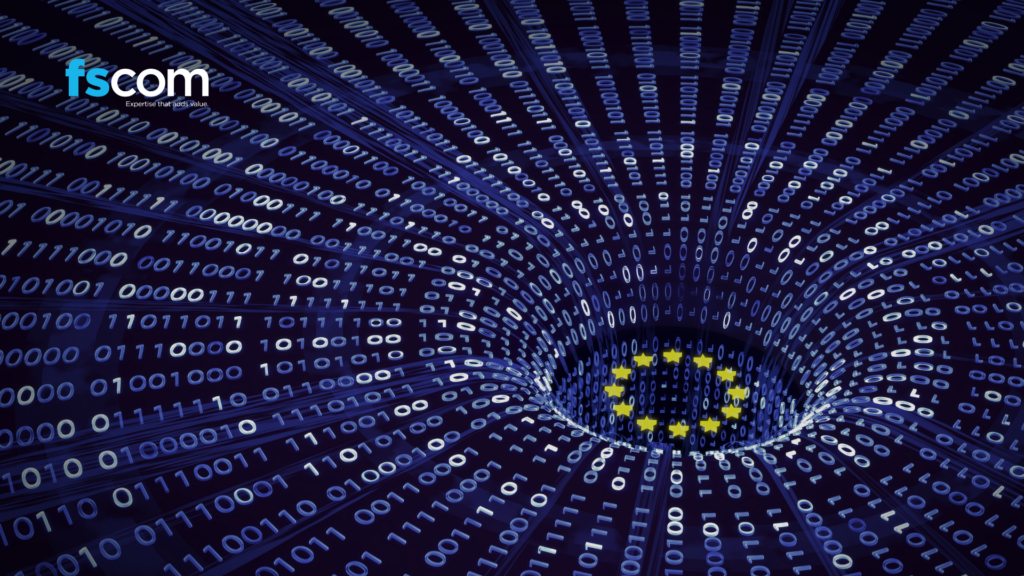When does a great deal turn out to be not such a great deal? When a credit card surcharge is added right at the end. Such hidden surcharges will be a thing of the past, mostly, come mid-January when the second Payment Services Directive (PSD2) is implemented.
In another example of the far-reaching impact of the Payment Services Regulations 2017 (the legislation that implements the PSD2 in the UK), this ban on surcharging and excessive surcharging fees will apply to the non-regulated sector as well as the regulated sector. That is because, while some payment service providers charge for the use of certain payment methods the rule applies to all payees, including airlines, HMRC and independent retailers.
In the past, given the complexities of calculating processing fees and a lack of knowledge on the consumers’ part, some companies were accused of applying processing fees to simply generate additional income.
So the change sounds like a home run for consumers, but, in the long term, the consequences could be quite unexpected and the ban’s impact must be given some thought.
What has been banned?
The Payment Services Regulations 2017 amend the Consumer Rights (Payment Surcharges) Regulations 2012 so that no surcharge can be applied for the use of a payment method where all of the following are the case.
- The payment service providers of both the payee and the payer are located within the EEA.
- The payment instrument used is within scope of the Payment Services Regulations 2017 (put simply, if the payment is made by a card or online banking, for example, but not to payments made by cheque or a gift card).
- The payment instrument used is not a commercial payment instrument (in other words, not a business card or payment from a business account, including those used by sole traders for business purposes).
Further, where a surcharge is allowable, for example, because the payment is made on a company credit card, the surcharge must not be excessive. In effect, only the charge that the retailer can impose is for the cost they have incurred for processing the transaction.
Not just credit cards
The government decided to ban surcharging for any payment method, not just card payments. By extending the surcharging ban to all retail payment instruments, it will help create a level playing field between payment instruments and create a much clearer picture for consumers in which they know the full price of the product or service they are purchasing upfront. It also future-proofs the rules; the problem is currently with the cost of accepting card payments but it could in future be another type of payment method, even one that’s not yet invented.
Can we offer a discount?
The government published guidance a couple of weeks ago in which they were quite clear that offering a discount that in effect becomes a surcharge for another type of payment method is not acceptable. If you want to discount, you have to discount for all payment methods.
Impact on businesses
Retailers and businesses that are currently surcharging will be feeling the biting January chill more than most as they are now faced with the prospect of not being able to directly recoup the cost of being paid by credit card.
Of course, the cost of accepting cards is unlikely to change so what options do businesses have?
- Absorb the cost so there is no direct price increase for consumers and try to negotiate better rates from your merchant acquirer.
- Impose across-the-board price increases so that some consumers will cross-subsidise the cost of other who choose to pay by a more expensive payment method.
- Continue to surcharge for business payments, though this may prove complicated to identify, process and implement.
- Refuse to accept costly payment methods, or only accept that payment method when the cost of accepting is outweighed by the benefit of having the business, i.e. only accept credit card payments for purchases over a certain high value.
- Become a payment initiation service provider and cut out card charges altogether!
While the new rules bring in the problem of banning surcharges, they may also provide the answer! As explained in this blog, PSD2 has created a new type of payment service provider, the payment initiation service provider who can pass the payment instruction from the customer to their bank account to enable a credit transfer to happen. Many payment initiation service providers will never touch the funds, they’ll just pass on the payment instruction for the funds to be paid to someone else, but it’s possible for a retailer, or other type of payee, to become a payment initiation service provider so that they can instruct the payment to be made to them.
Impact on consumers
The intention is that the blanket prohibition will protect consumers and promote competition but there’s also plenty of potential downsides.
We, as consumers, may all have to bear a greater cost so that some can choose to pay by a more costly payment method.
In other cases, we will lose the option of paying by certain payment methods or we’ll have to buy more in order to get our bill over the threshold to be allowed to pay by card when we’ve no cash on us!
And those of us who benefit from a discount because we sign up to pay our utility and other bills by direct debit will no longer be able to enjoy the perk.
A glass half full?
But since it’s Christmas, let try to end on a cheery note and imagine the positive outcomes we may see in 2018 and beyond because of this change. Perhaps the government’s wish to increase competition will come to pass and we’ll see the development of new, cheaper ways to pay; maybe this is the driver to make a success of the new payment initiation service providers with both dedicated businesses and retailers taking advantage of the opportunity.
If you would like help to prepare for the surcharges ban, become a payment initiation service provider or advice on any regulatory matter, please get in touch.
This post contains a general summary of advice and is not a complete or definitive statement of the law. Specific advice should be obtained where appropriate.








